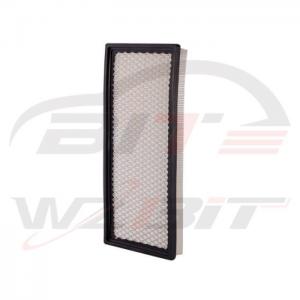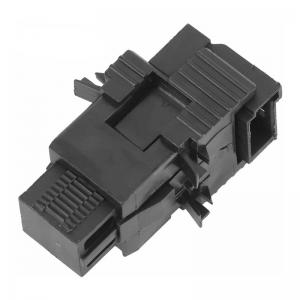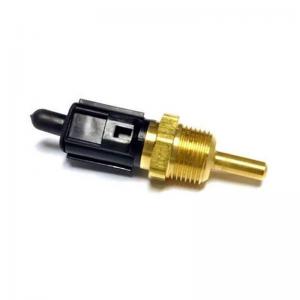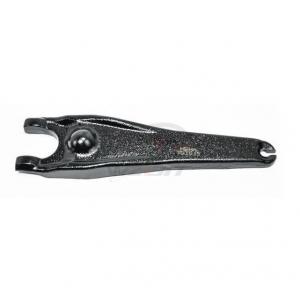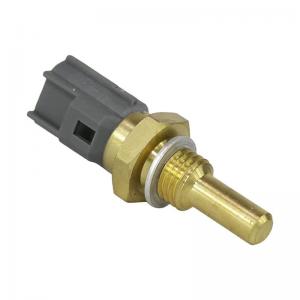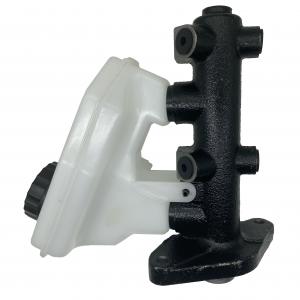Oil pan
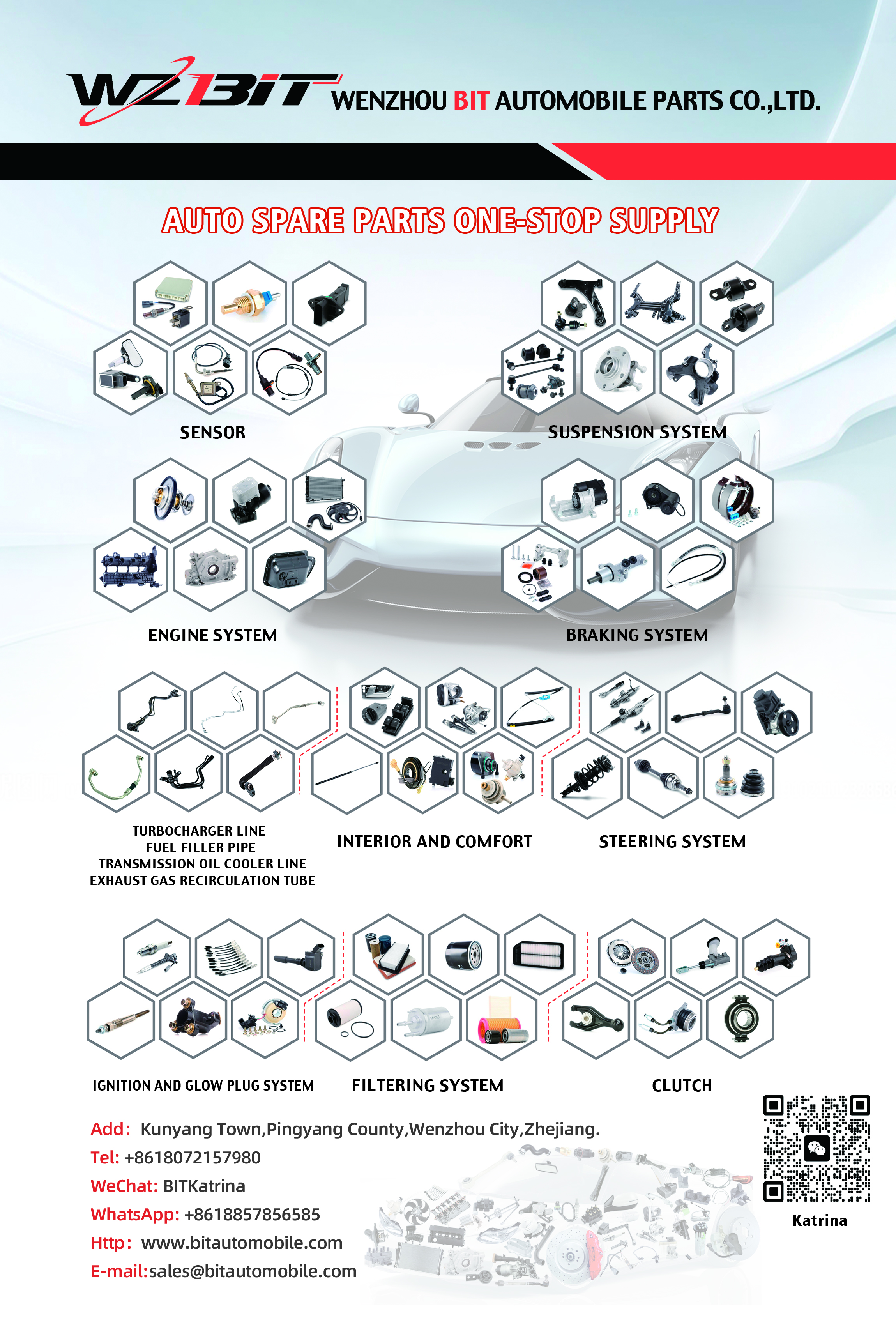
The transmission oil pan is an essential component of an automatic transmission system. Its primary function is to store the transmission fluid, which lubricates and cools the moving parts within the transmission. The oil pan also serves as a reservoir for the fluid that the transmission pump circulates throughout the system.

OE Number
265-840
09G321361
09G321361A
09G321361B
Compatible Applications
Fits for Audi TT 2003-2006 09G Trans; 6 Speed Trans.
Fits for Volkswagen Beetle 2003-2010 09G Trans; 6 Speed Trans.
Fits for Volkswagen Beetle 2012-2016 09G Trans; 6 Speed Trans.
Fits for Volkswagen CC 2009-2011 09G Trans; 6 Speed Trans.
Fits for Volkswagen Golf 2010-2018 09G Trans; 6 Speed Trans.
Fits for Volkswagen Jetta 2005-2016 09G Trans; 6 Speed Trans.
Fits for Volkswagen Passat 2006-2010 09G Trans; 6 Speed Trans.
Fits for Volkswagen Passat 2012-2016 09G Trans; 6 Speed Trans.
Fits for Volkswagen Rabbit 2006-2009 09G Trans; 6 Speed Trans.
Fits for Volkswagen Jetta City 2008-2009 09G Trans; 6 Speed Trans.
Fits for Volkswagen Golf City 2009-2010 09G Trans; 6 Speed Trans.
Fits for Volkswagen Passat CC 2009-2010 09G Trans; 6 Speed Trans.
Construction
A typical transmission oil pan consists of:
- Pan Body: Usually made of stamped steel or aluminum, forming the main container for the transmission fluid.
- Gasket: A rubber or cork gasket that seals the pan to the transmission housing to prevent fluid leaks.
- Drain Plug: Many pans include a drain plug to facilitate fluid changes without removing the entire pan.
- Bolts and Fasteners: Used to secure the pan to the transmission housing.
- Filter: Located inside the pan, it filters out debris and contaminants from the transmission fluid.
- Magnet: Some pans include a magnet to attract and hold metal particles suspended in the fluid, preventing them from circulating through the transmission.
Operation
1. Fluid Storage: The transmission oil pan holds a significant volume of transmission fluid, ensuring a steady supply for the transmission system.
2. Fluid Circulation: The transmission pump draws fluid from the pan and circulates it through the transmission, lubricating and cooling the internal components.
3. Filtration: As fluid passes through the pan, the filter traps debris and contaminants, keeping the fluid clean and maintaining transmission performance.
4. Heat Dissipation: The pan helps dissipate heat generated by the transmission, aiding in temperature control.
Importance
- Lubrication: Ensures all moving parts within the transmission are properly lubricated, reducing friction and wear.
- Cooling: Helps dissipate heat, maintaining optimal operating temperatures for the transmission.
- Filtration: Keeps the transmission fluid clean by filtering out debris and contaminants.
- Leak Prevention: Proper sealing with the gasket prevents fluid leaks, ensuring the transmission operates efficiently.
Maintenance
Regular maintenance and inspection of the transmission oil pan are crucial for transmission health:
- Fluid Levels: Regularly check the transmission fluid levels and top up as needed to maintain proper lubrication and cooling.
- Leak Inspection: Inspect the pan and gasket for any signs of fluid leaks, and replace the gasket if necessary.
- Fluid Quality: Monitor the condition of the transmission fluid. If it appears dirty or burnt, it may be time for a fluid change.
- Filter Replacement: Periodically replace the transmission filter to ensure effective filtration and fluid cleanliness.
Replacement
If the transmission oil pan is damaged or the gasket is leaking, it should be replaced to maintain proper transmission function. Replacement typically involves:
1. Draining the Fluid: Remove the drain plug to drain the transmission fluid into a suitable container.
2. Removing the Pan: Unbolt and remove the oil pan from the transmission housing.
3. Cleaning the Surface: Clean the mating surface on the transmission housing to ensure a proper seal.
4. Replacing the Filter: If necessary, replace the transmission filter located inside the pan.
5. Installing the New Pan: Install a new gasket on the pan, then bolt the new pan to the transmission housing.
6. Refilling the Fluid: Refill the transmission with the appropriate type and amount of fluid.
7. Testing: Start the engine and check for leaks, ensuring the transmission operates smoothly.
In summary, the transmission oil pan is a vital component that stores and helps manage transmission fluid, ensuring lubrication, cooling, and filtration of the transmission system. Regular inspection, maintenance, and timely replacement of the transmission oil pan and its components are essential for optimal vehicle performance and longevity.
Send your message to us:




